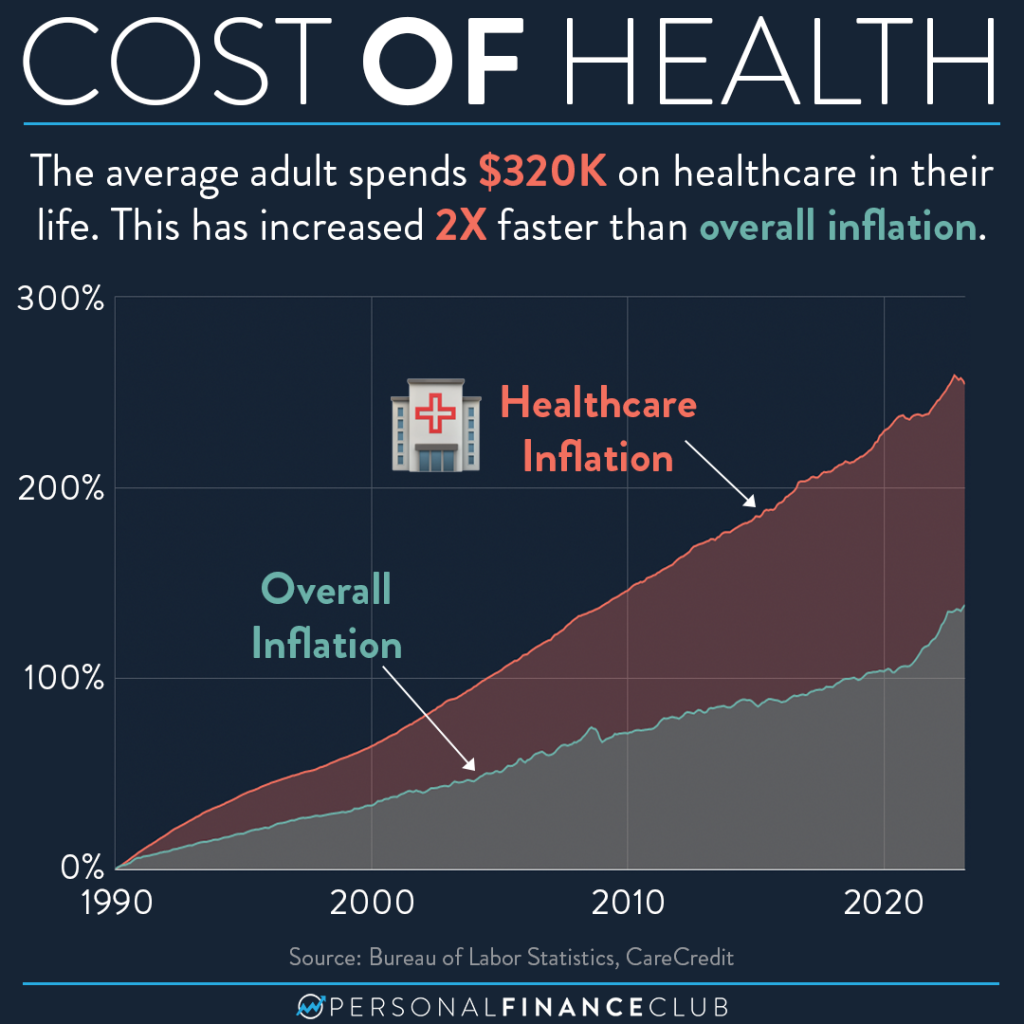Comprehending the Duty of Medical Care RCM in Enhancing Monetary Performance and Patient Fulfillment
Browsing the ins and outs of Medical care Revenue Cycle Administration (RCM) is essential for accomplishing optimum financial efficiency while simultaneously elevating patient complete satisfaction. RCM's capacity to enhance invoicing, make sure exact coding, and expedite insurance claims processing stands as a cornerstone of modern healthcare operations. However, the nuanced interplay between these components warrants a closer evaluation to fully value their effect on both doctor and patients. As we discover the transformative capacity of RCM, questions regarding its critical execution and future innovations bid, appealing understandings that can redefine market standards and client experiences alike.

Secret Parts of RCM
In the complex landscape of healthcare, Earnings Cycle Management (RCM) is crucial in ensuring economic security and functional efficiency. Individual registration and eligibility confirmation are foundational actions, making sure that precise person details is recorded and insurance coverage is confirmed before solutions are made.

Charge capture is one more necessary element, involving the precise recording of solutions given to people. It makes sure that all billable services are represented, thereby optimizing profits possibility. Concurrently, medical coding translates patient experiences right into standard codes, which are crucial for payment and governing compliance.
Insurance claims entry and management comply with, entailing the prep work and submission of insurance claims to payers. This procedure needs meticulous interest to detail to reduce errors and prevent delays. Rejection administration is a proactive technique to solve and address denied cases, protecting earnings streams.
Last but not least, repayment posting and individual collections complete the cycle, making sure payments are accurately taped and exceptional equilibriums are pursued. With each other, these elements develop a robust structure that supports the functional and economic health and wellness of healthcare organizations.
Effect On Financial Performance
Effective Revenue Cycle Monitoring (RCM) substantially affects a healthcare organization's financial performance by optimizing capital and lowering income leak. RCM includes the extensive payment and collection processes that guarantee medical care providers efficiently manage their financial purchases from person enrollment to final repayment. By enhancing these processes, organizations can lessen refuted cases, accelerate settlement cycles, and improve overall financial wellness.
Financial efficiency is enhanced through thorough administration of invoicing procedures, which entails exact coding and prompt entry of cases. This decreases the probability of case denials and beings rejected, which can considerably prevent income circulation if not resolved immediately. Additionally, incorporating advanced technology remedies facilitates real-time monitoring of cases and economic metrics, offering healthcare managers with the devices necessary to make informed calculated decisions.

Enhancing Client Contentment
While enhancing financial efficiency is a crucial goal of Income Cycle Management (RCM), it additionally plays a critical duty in enhancing patient satisfaction. By reducing administrative worries, RCM allows healthcare carriers to focus a lot more on client treatment, which straight improves person complete satisfaction.

RCM additionally improves client contentment through reliable communication. By maintaining an extensive data source of individual details, RCM facilitates boosted communication between people and healthcare companies, making sure people really feel educated and valued. This openness and access promote a positive individual experience. Generally, effective RCM execution not only improves monetary results but additionally dramatically adds to a patient-centered healthcare atmosphere.
Methods for Reliable RCM
Attaining reliable Revenue Cycle Monitoring (RCM) needs health care companies to implement a collection of calculated methods that ensure monetary stability and functional effectiveness. One important strategy is the adoption of technology-driven options, such as integrated software systems that streamline payment processes, lower mistakes, and boost information precision. These systems enable real-time monitoring of economic metrics, permitting for punctual identification and rectification of ineffectiveness.
An additional approach is the standardization of procedures across the revenue cycle. Healthcare RCM. This involves creating constant policies for client registration, insurance policy verification, and asserts handling. By ensuring that all personnel follow these criteria, organizations can quicken and minimize discrepancies settlement collections
Team training and development likewise play a critical role in effective RCM. Trained employees can effectively browse complex billing treatments and regulations, lowering denials and boosting cash circulation. Regular updates on policy changes and ideal techniques assist keep a qualified and experienced labor force.
Future Trends in RCM
As healthcare companies enhance their Income Cycle Monitoring browse around these guys (RCM) approaches with technology and standardized processes, attention is currently transforming towards the future trends forming this critical area. One considerable trend is the combination of fabricated intelligence (AI) and machine learning to automate complicated tasks, such as insurance claims refining and anticipating analytics. These modern technologies are expected to minimize errors, increase purchase times, and provide data-driven understandings for much better decision-making.
Furthermore, the shift towards value-based treatment remains to affect RCM techniques - Healthcare RCM. Health care suppliers are anticipated to significantly concentrate on person outcomes and fulfillment, requiring RCM systems that can suit new compensation models. This shift will certainly require even more detailed data collection and analysis to efficiently report and gauge on efficiency metrics
Interoperability is one more emerging priority, as seamless information exchange between diverse systems ends up being essential. Boosted interoperability will certainly assist in more precise person information sharing, lowering administrative concerns and enhancing the client experience.
Conclusion
Health Care Revenue Cycle Management (RCM) substantially influences both financial efficiency and individual satisfaction by optimizing billing processes, making certain accurate coding, and allowing punctual claims submission. Effective RCM reduces earnings leakage and speeds up cash flow, reducing case rejections and expediting repayments. This effectiveness cultivates depend on and fulfillment among individuals. RCM systems likewise promote far better communication and flexible repayment options, developing a patient-centered experience. Future RCM patterns will likely concentrate on more integrating innovation to improve these advantages.
Navigating the details of Healthcare Profits Cycle Management (RCM) is important for accomplishing ideal monetary performance while concurrently raising patient complete satisfaction. RCM incorporates the extensive billing and collection procedures that ensure health care companies effectively manage their economic purchases from patient registration to last repayment. By minimizing administrative concerns, RCM allows healthcare carriers to focus extra on client treatment, which directly enhances client fulfillment.
By maintaining an extensive data source of person details, RCM facilitates improved interaction in between patients and medical care providers, ensuring patients really feel informed and valued.Healthcare Income Cycle Management (RCM) considerably affects both financial performance and patient her explanation fulfillment by enhancing billing processes, guaranteeing exact coding, and making it possible for prompt claims entry.